You’re queuing up for a game of VALORANT with your friend across the country. You get into the game and notice you can’t seem to nail the timing on your shots. When you peek at an angle, your enemy already has a headshot lined up. What is going on?
Or, you’re watching the Overwatch League for the first time. The casters keep mentioning one player in particular who isn’t physically with his team, playing halfway across the world but still hitting all of his sleep darts. They praise him for his incredible performance on 150 ping.
But what is ping, and why does it matter in gaming?
What is ping?
The term “ping” refers to how network latency (lag) is measured, aka the speed of your internet connection to the server you’re connected to and back. This is measured in milliseconds. When your ping is higher, the signal sent by your computer takes longer to get to the server and then back to you. As a result, the game takes longer to register your actions, and milliseconds can mean the difference between winning and losing a fight.
Having higher ping can severely impact your ability to play a game. If your ping is higher, it takes longer for any of your actions, whether a press of a key on your keyboard to use an ability or your left-click to shoot your weapon, to register in the game.
Usually, high-speed, precise FPS games are the titles most affected by high network latency. Having high ping in VALORANT, Overwatch, or CS:GO, for example, can make these games unplayable at a high level. Other games like MMOs are also affected but can often still be playable unless you are engaging in PVP.
Most professional tournaments are held on a LAN (local area network) server because the ping between every player in the game is extremely low. Since everyone is connected to the same server and in the same place, no one has an advantage.
What should my ping be?
In general, anything less than 30ms is considered optimal for almost any game. You might still notice a difference between 0 ping playing with your friends at a gaming lounge and playing with them from home, but as long as you’re under 30ms, it shouldn’t be a big deal.
Anything from 30 to 50ms is still playable at a high level, and unless you’re trying to go pro; if your ping is around here, you’re in a good spot.
Ping from 50 to 100ms is usually what you may encounter if you are playing with a friend who lives a long distance away. This is still playable, but you might start to notice a lag in your actions, especially if you are used to playing on lower ping. In VALORANT, for example, there is a noticeable difference in hitting those one-tap headshots on 20ms versus 75ms.
Anything above 100ms is usually considered high ping, but, as Overwatch League flex support Fielder has proven, if you get used to playing with this lag, you can still play well. If your ping is in the 200ms or above range, there might be an issue with your network or server unless you’re trying to queue in a server across the world.
In general, though, the most important thing is that your ping is consistent. Even the best players in the world can play with a decent delay once they get used to it. If you live in Chicago but always queue on Los Angeles servers to play with your best friend, you might not even notice that you’ve been playing with 75ms ping.
The worst-case scenario is that your ping is spiking.
What should I do when my ping is spiking? How do I fix high ping?
When your ping “spikes,” it goes up drastically and then falls back down into a normal range. If this happens every once in a while, it generally isn’t a big issue. But if you lag a lot, you might have an issue with your ping being extremely inconsistent.
There are a couple of reasons why this might be the case.
First, especially for games where consistent ping will make a huge difference in your quality of life, make sure that when possible you are using a wired ethernet connection and not Wi-Fi. Though sometimes a Wi-Fi connection can be no problem, the security and consistency of a wired connection make a huge difference in gaming.
If you are setting up a gaming PC, use ethernet and not Wi-Fi. If you play on a gaming laptop, you likely still have an ethernet port on your laptop that you can connect to when you’re playing from home.
There are a few likely culprits if you have these issues while on ethernet.
Often, simply restarting your router or power-cycling your PC will fix these lag spikes. The good old turn it off, turn it back on again.
If this doesn’t work, you might not have enough bandwidth for your computer to connect to the server and back consistently. If other people are using the internet in your space at the same time, doing intensive things like watching live streams or also playing games, there’s a possibility that the internet just can’t keep up. Try using a diagnostic internet speed test to give you more insight into why it might be slow.
It’s also possible that your computer’s software is out of date. Always keep your drivers on your computer updated so you can get the optimal performance out of your PC.
There is another important statistic to look for if you feel like you’re having connectivity issues or input lag, but your ping doesn’t seem to be a problem, which is packet loss. Packet loss and ping are not the same things, though they have many of the same symptoms.
Packet loss refers to the loss of small amounts of data while information is traveling from network to network. For many games, packet loss and ping are both important stats to consider.
Overall, keeping an eye on your ping and knowing what to do when it spikes and how to play when it gets higher than normal are good strategies to keep climbing the ladder.


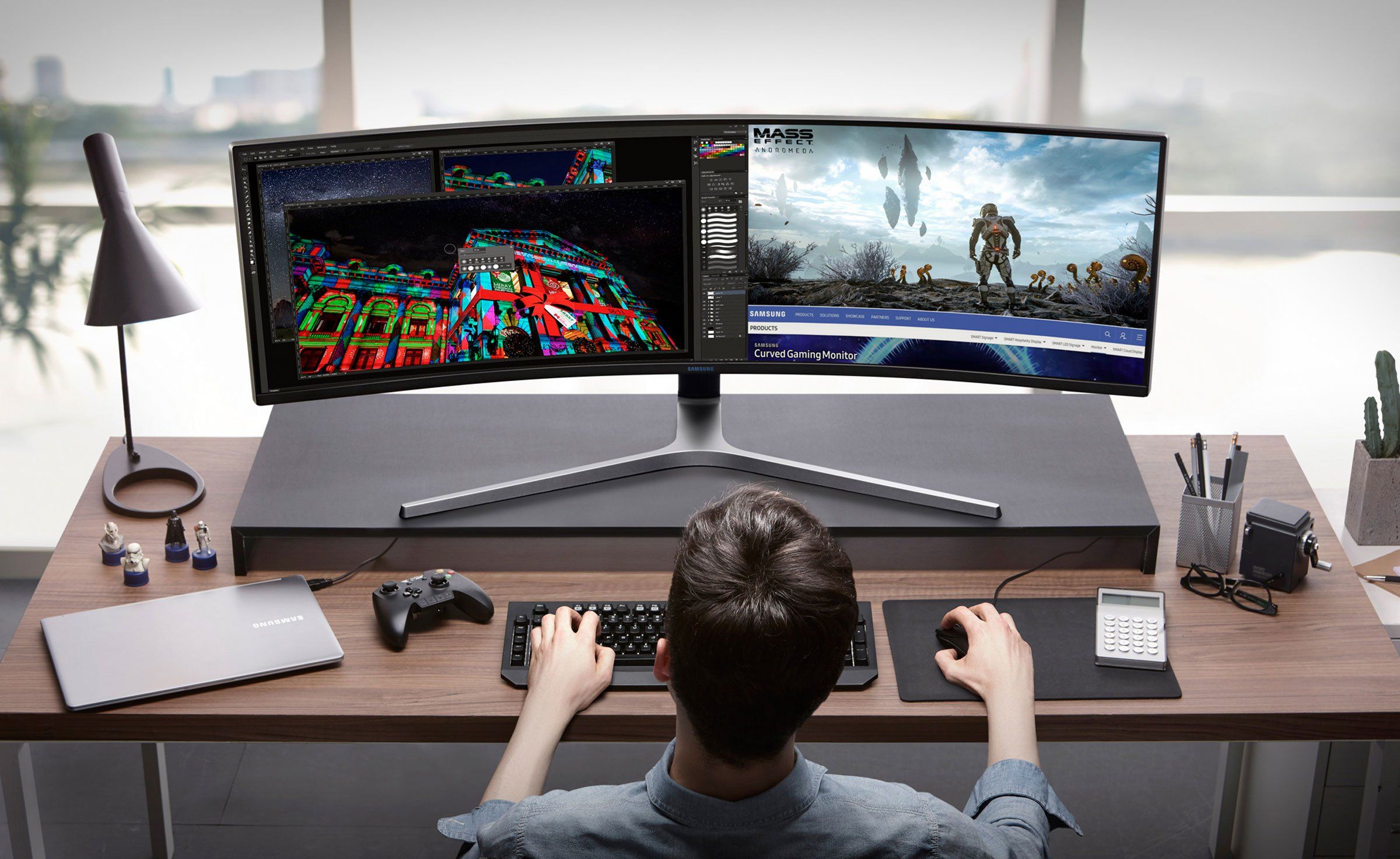

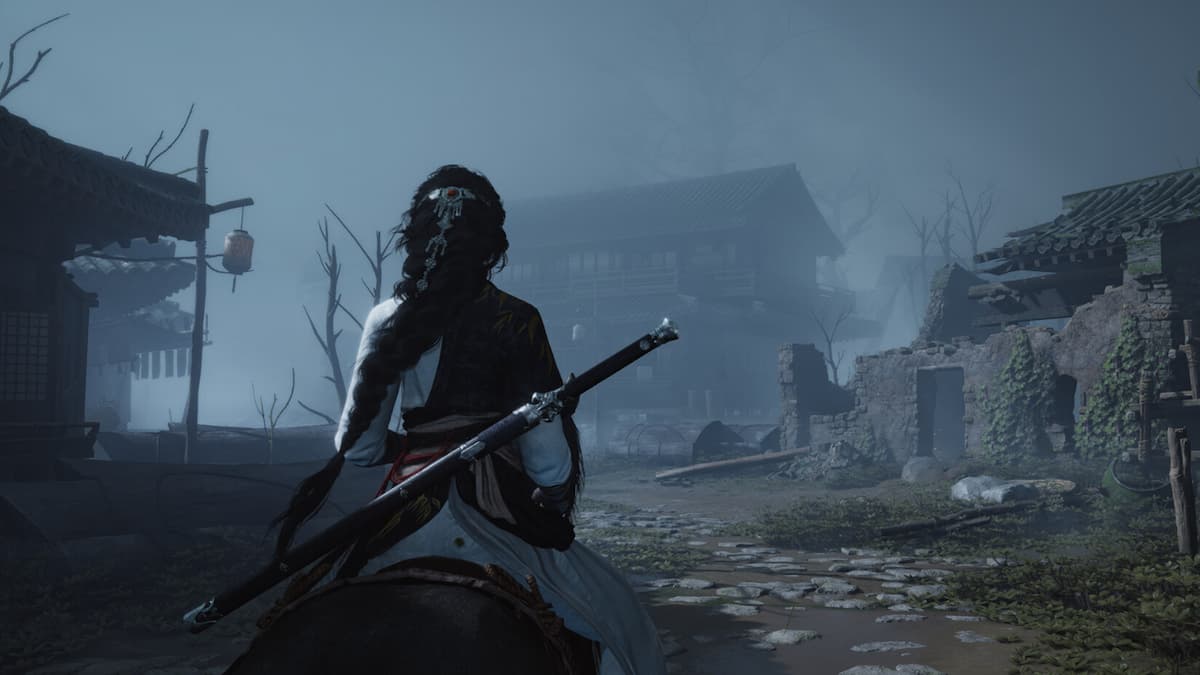



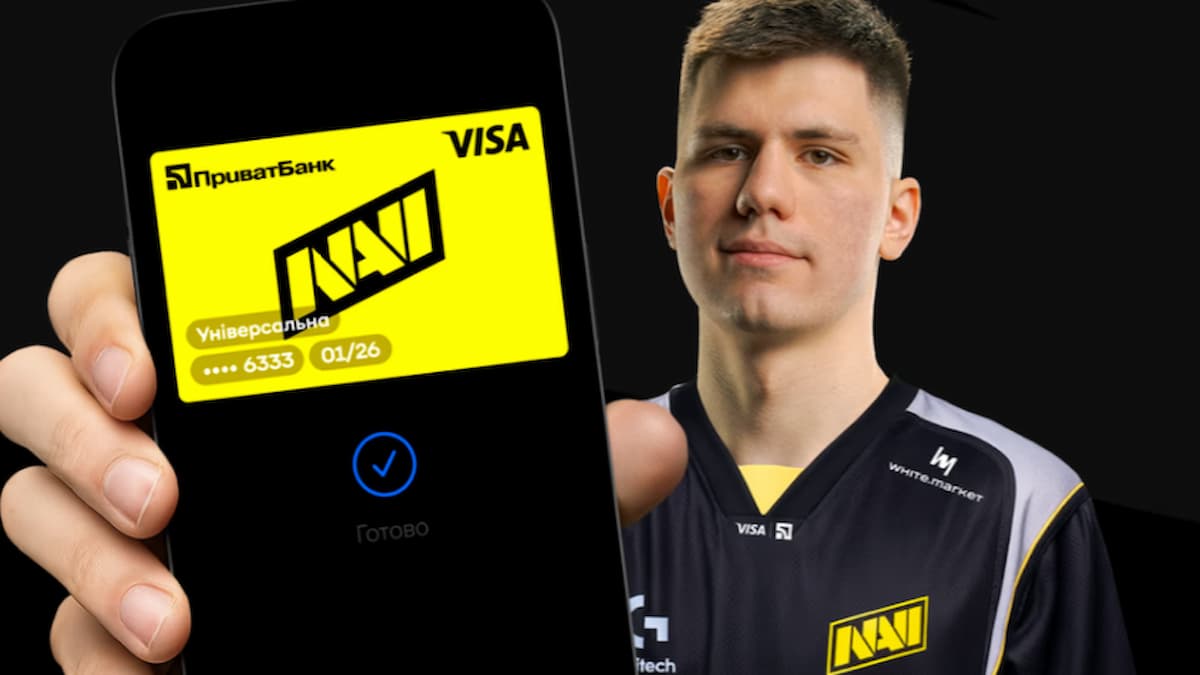
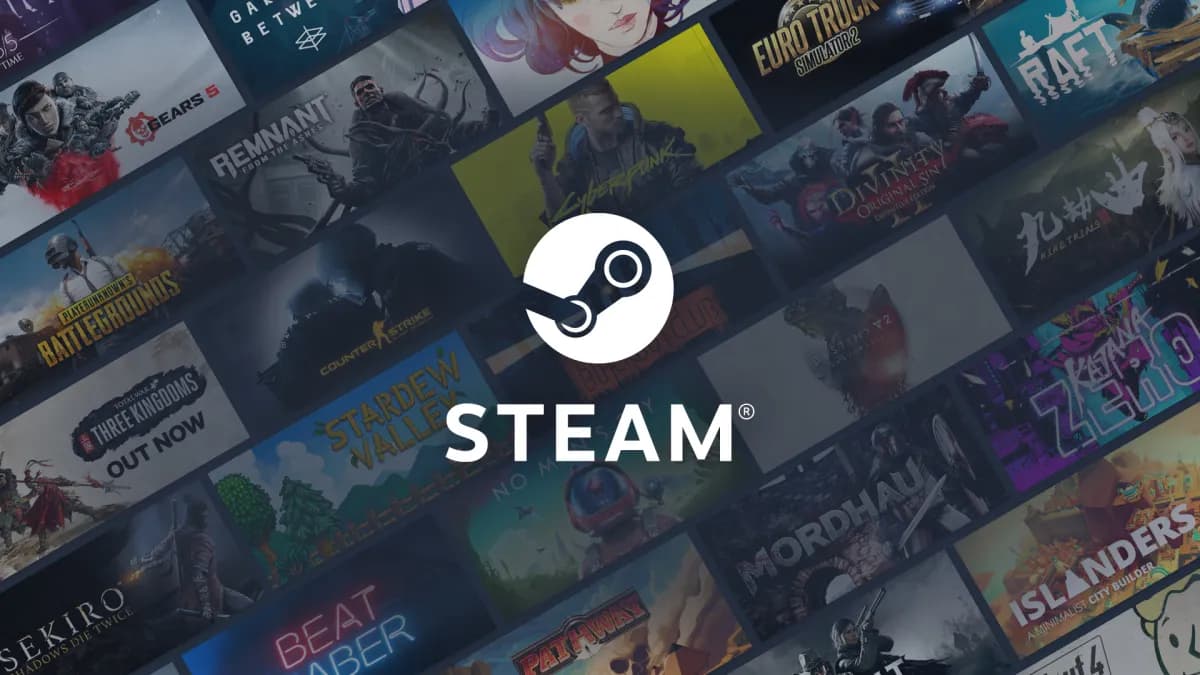

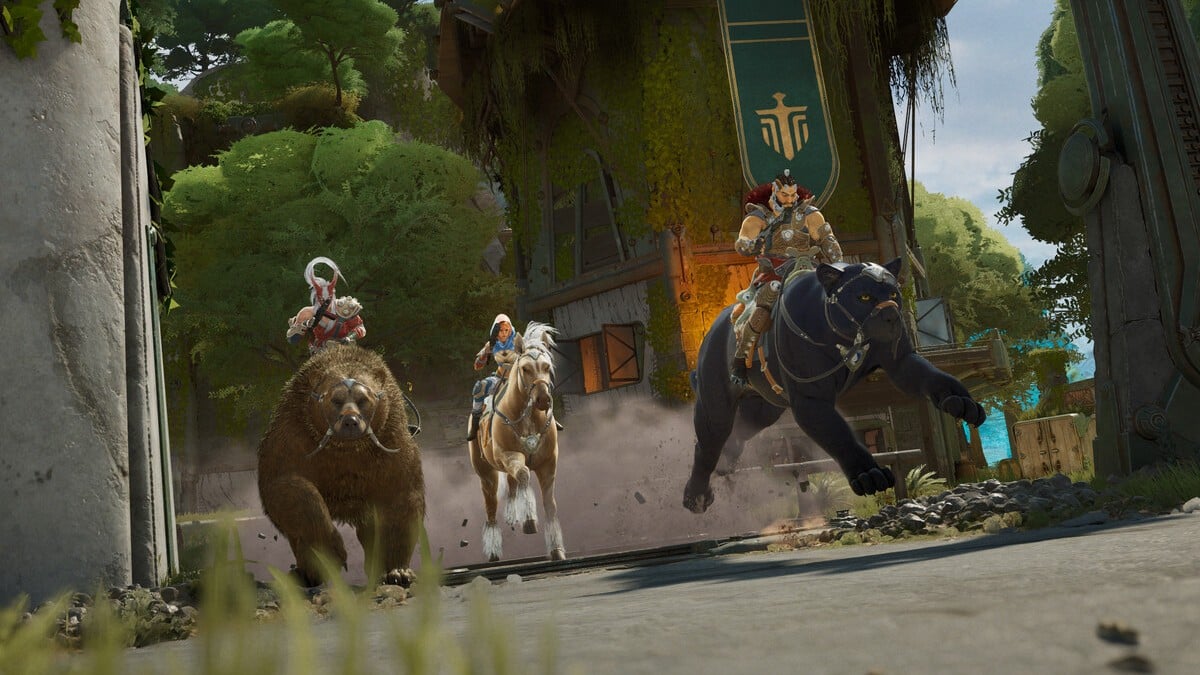
Published: Sep 4, 2022 01:09 pm